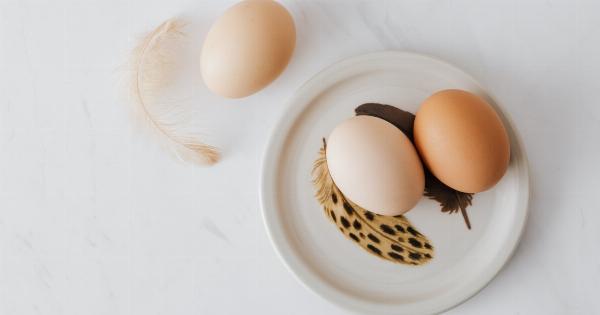Cholesterol is a type of fatty substance found in the blood. It is essential for the proper functioning of the body but too much of it can be harmful.
There are different types of cholesterol, and HDL, also known as high-density lipoprotein, is known as the “good” cholesterol.
What is HDL Cholesterol?
HDL cholesterol is a type of cholesterol that is found in high-density lipoprotein particles.
It is often called the “good” cholesterol because it is believed to transport cholesterol away from the arteries and back to the liver, where it is broken down and removed from the body.
Functions of HDL Cholesterol
The primary function of HDL cholesterol is to transport cholesterol from different parts of the body back to the liver. This process is called reverse cholesterol transport.
It helps prevent the buildup of cholesterol in the arteries and reduces the risk of heart disease and stroke.
HDL cholesterol also has several other important functions in the body. It helps protect the lining of the blood vessels, reduces inflammation, and has antioxidant properties.
Studies have shown that higher levels of HDL cholesterol are associated with a lower risk of heart disease and stroke.
What are Healthy HDL Cholesterol Levels?
Healthy HDL cholesterol levels vary depending on age, sex, and other factors. In general, a level of 60 milligrams per deciliter (mg/dL) or higher is considered healthy.
Levels between 40 and 60 mg/dL are considered borderline low, and levels below 40 mg/dL are considered low.
Factors that Affect HDL Cholesterol Levels
Several factors can affect HDL cholesterol levels in the body. Some of the most important factors include:.
- Genetics: Some people have a genetic predisposition to low HDL cholesterol levels.
- Diet: Eating a diet high in saturated and trans fats can lower HDL cholesterol levels.
- Physical activity: Regular exercise can increase HDL cholesterol levels.
- Weight: Being overweight or obese can lower HDL cholesterol levels.
- Smoking: Smoking can lower HDL cholesterol levels.
How to Increase HDL Cholesterol Levels
If your HDL cholesterol levels are low, there are several lifestyle changes you can make to help increase them. Some of the most effective changes include:.
- Eating a healthy diet: A diet rich in fruits, vegetables, whole grains, and lean proteins can help increase HDL cholesterol levels.
- Exercising regularly: Regular physical activity can increase HDL cholesterol levels.
- Losing weight: Losing weight if you are overweight or obese can help increase HDL cholesterol levels.
- Quit smoking: Quitting smoking can increase HDL cholesterol levels.
- Limiting alcohol intake: Drinking in moderation can help increase HDL cholesterol levels, but excessive drinking can lower them.
Drugs that Increase HDL Cholesterol Levels
If lifestyle changes are not enough to increase HDL cholesterol levels, there are also several drugs that can help. These drugs are known as HDL-raising drugs, and they work by increasing the production of HDL cholesterol in the liver.
Some of the most common HDL-raising drugs include:.
- Niacin: This is a type of B vitamin that can increase HDL cholesterol levels.
- Fibrates: These drugs work by lowering triglyceride levels and increasing HDL cholesterol levels.
- Statins: Statins are primarily used to lower LDL cholesterol levels, but they have also been shown to increase HDL cholesterol levels.
Conclusion
HDL cholesterol is an essential component of a healthy body. It helps protect the heart and the rest of the body by preventing the buildup of cholesterol in the arteries.
By making healthy lifestyle choices and, if necessary, using HDL-raising drugs, you can increase your HDL cholesterol levels and reduce your risk of heart disease and stroke.






























